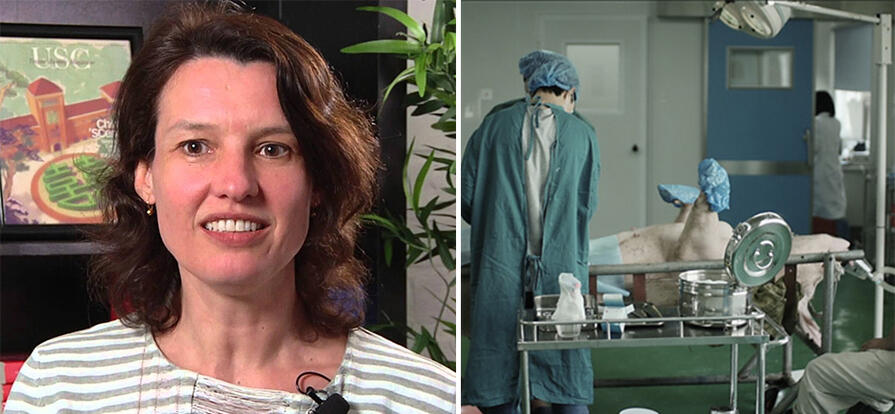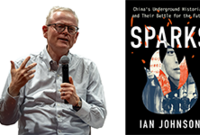Highly renowned international documentary filmmaker, Bregtje van der Haak, of VPRO (Dutch Television), discusses her most recent documentary, “DNA Dreams." This film documents the research of Chinese scientists who are attempting to analyze and potentially clone the DNA of 2,000 highly gifted children.
China has been on the forefront of cloning research and technology, and the implications of their projects are far reaching. “DNA Dreams” poses the questions: What if we could identify the gene that contains information about human intelligence? Would a brave new world be waiting for us?
The full documentary is available here.
This video is also available on the USCI YouTube Channel.




